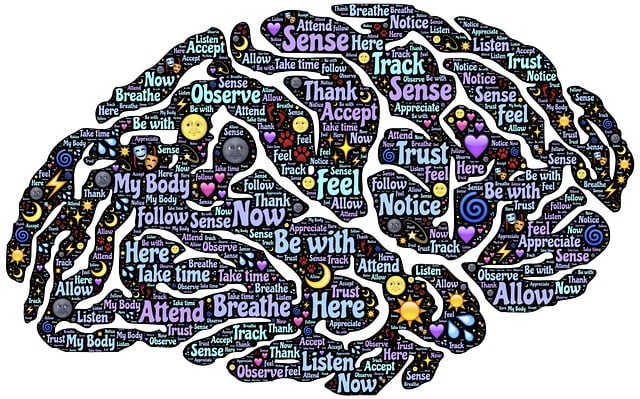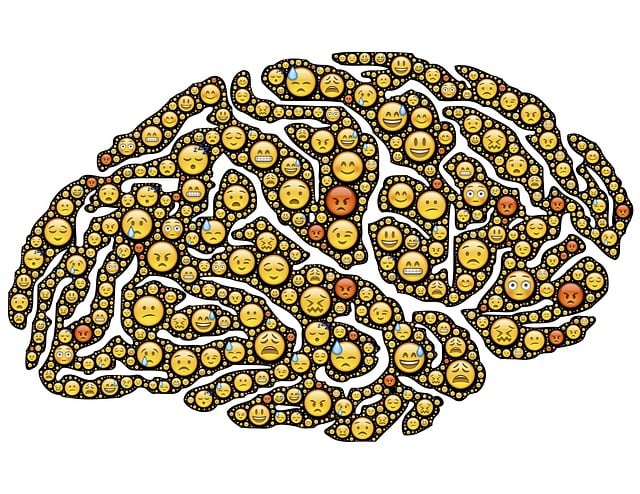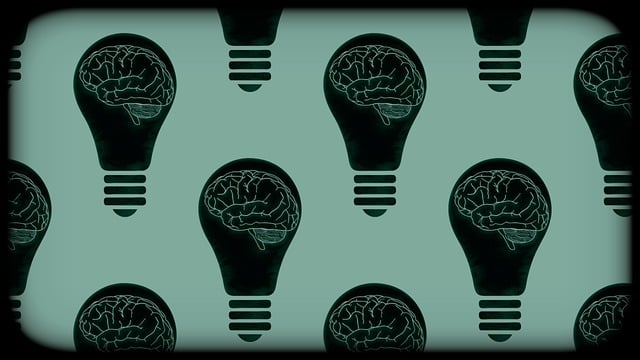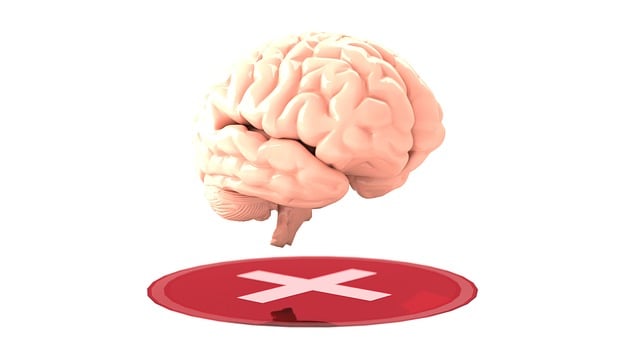Grief therapy, particularly couples counseling tailored for adolescents and their families, is vital for processing bereavement and strengthening relationships. This specialized approach creates safe spaces, teaches empathy-building strategies, and fosters mental health awareness, enabling teens to develop resilient coping mechanisms and heal. By integrating adolescent and couples counseling, vulnerability can be expressed, support systems strengthened, and effective therapeutic methods employed to process loss, improve self-esteem, and reduce stress, ultimately aiding in comprehensive healing for both adolescents and their partners.
Loss, grief, and bereavement counseling are essential aspects of healing for adolescents and couples navigating life’s challenges. This article delves into the sensitive world of understanding loss and its impact on teens, offering a supportive guide through the grieving process. We explore the unique role of couples counseling in managing grief, providing effective therapy strategies to help individuals and partners process loss together. By combining evidence-based approaches with empathy, therapists can facilitate healing for both adolescent teens and couples facing these profound emotional experiences.
- Understanding Loss, Grief, and Bereavement: A Sensitive Approach for Adolescents
- The Role of Couples Counseling in Navigating Grief
- Effective Therapy Strategies for Processing Loss and Healing Together
Understanding Loss, Grief, and Bereavement: A Sensitive Approach for Adolescents

Grief is a complex process that varies greatly from person to person, and it’s especially true for adolescents navigating their first experiences with loss. When a young individual loses someone close to them, whether it’s a parent, peer, or another significant figure, they enter a unique phase of bereavement. This period demands a sensitive and tailored approach in therapy.
Through couples counseling, teens can find solace and build resilience alongside their families or support systems. The process involves creating a safe space for expression, fostering empathy-building strategies, and cultivating mental health awareness. By understanding the nuances of loss and grief, therapists can guide adolescent teens through this challenging time, helping them develop coping mechanisms that promote healing and growth.
The Role of Couples Counseling in Navigating Grief

Grief and bereavement can significantly impact relationships, making couples counseling a valuable tool for navigating this challenging time. When a couple experiences loss, they may struggle to communicate their emotions effectively, leading to increased tension and distance between them. Therapy offers a safe space where both partners can express their grief and work through these complex feelings together.
Couples counseling provides a unique opportunity for individuals to understand each other’s perspectives, enhance their emotional support, and strengthen their bond. Through specialized guidance, such as crisis intervention techniques and cultural competency training for healthcare providers, therapists help adolescents and teens (and their parents) improve self-esteem, process their grief, and develop healthier coping strategies. This collaborative approach ensures that the couple can navigate their grief journey together, fostering resilience and a deeper sense of connection.
Effective Therapy Strategies for Processing Loss and Healing Together

Loss, grief, and bereavement can profoundly impact individuals, especially adolescents and couples navigating life’s challenges together. Effective therapy strategies play a pivotal role in helping them process their emotions and find healing paths. One approach gaining traction is the integration of adolescent and couples counseling, offering a safe space to express vulnerability and strengthen support systems.
These therapeutic methods encourage active participation in processing loss, incorporating self-care routine development for better mental health. Techniques such as mindfulness exercises and stress reduction methods help individuals manage intense emotions, fostering resilience. Additionally, trauma support services may be tailored to address any underlying issues stemming from the loss, allowing for comprehensive healing. Through these strategies, both adolescents and couples can find solace, develop coping mechanisms, and gradually rebuild their lives after a significant loss.
In conclusion, understanding and addressing loss, grief, and bereavement is vital for healing and growth. Both adolescent teens and couples can benefit significantly from tailored therapy strategies that offer support and guidance during these challenging times. By incorporating sensitive approaches and effective counseling techniques, such as those explored in our discussion on couple’s counseling and therapeutic interventions, individuals and relationships can navigate loss with greater resilience and hope for the future.














